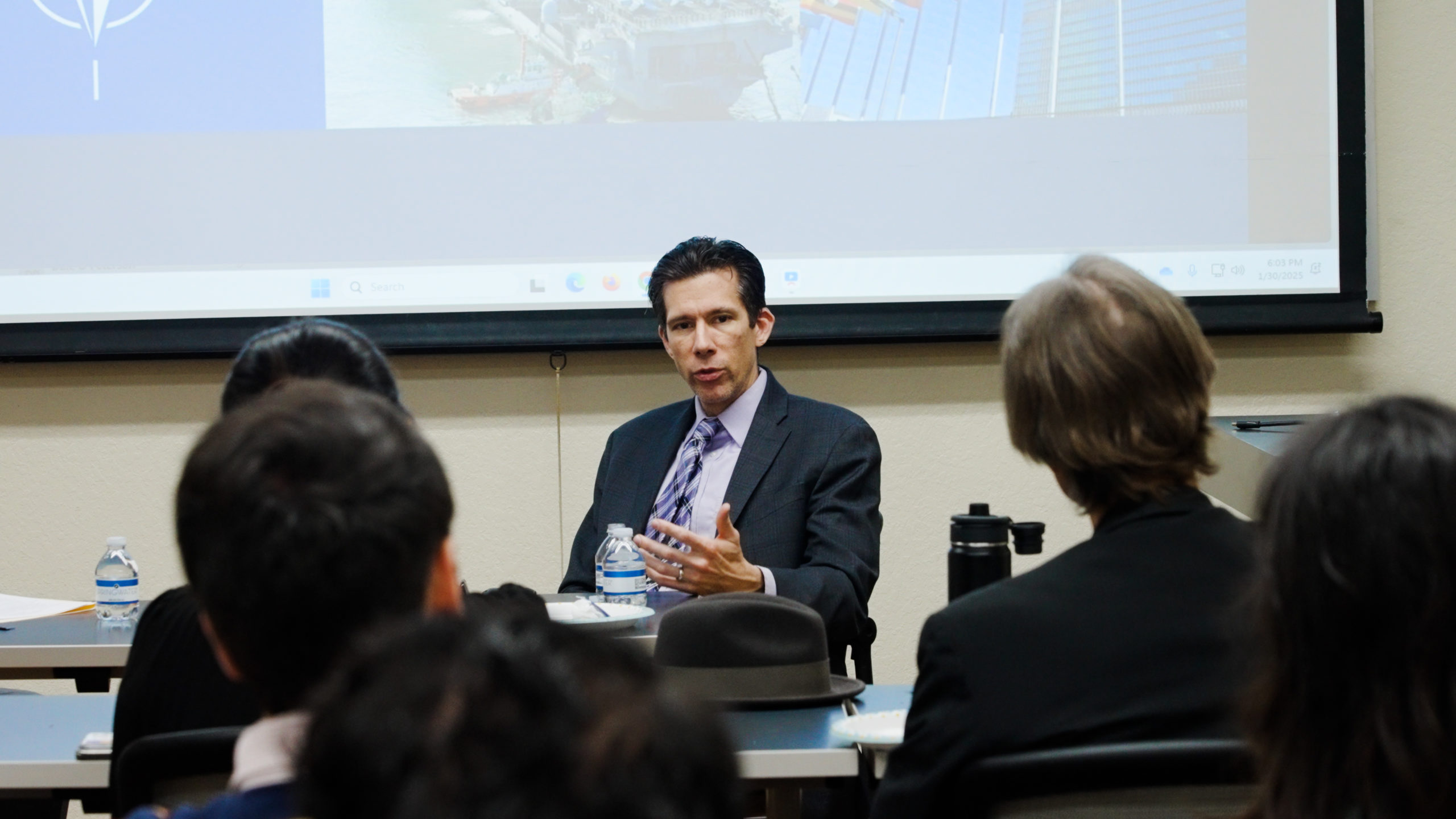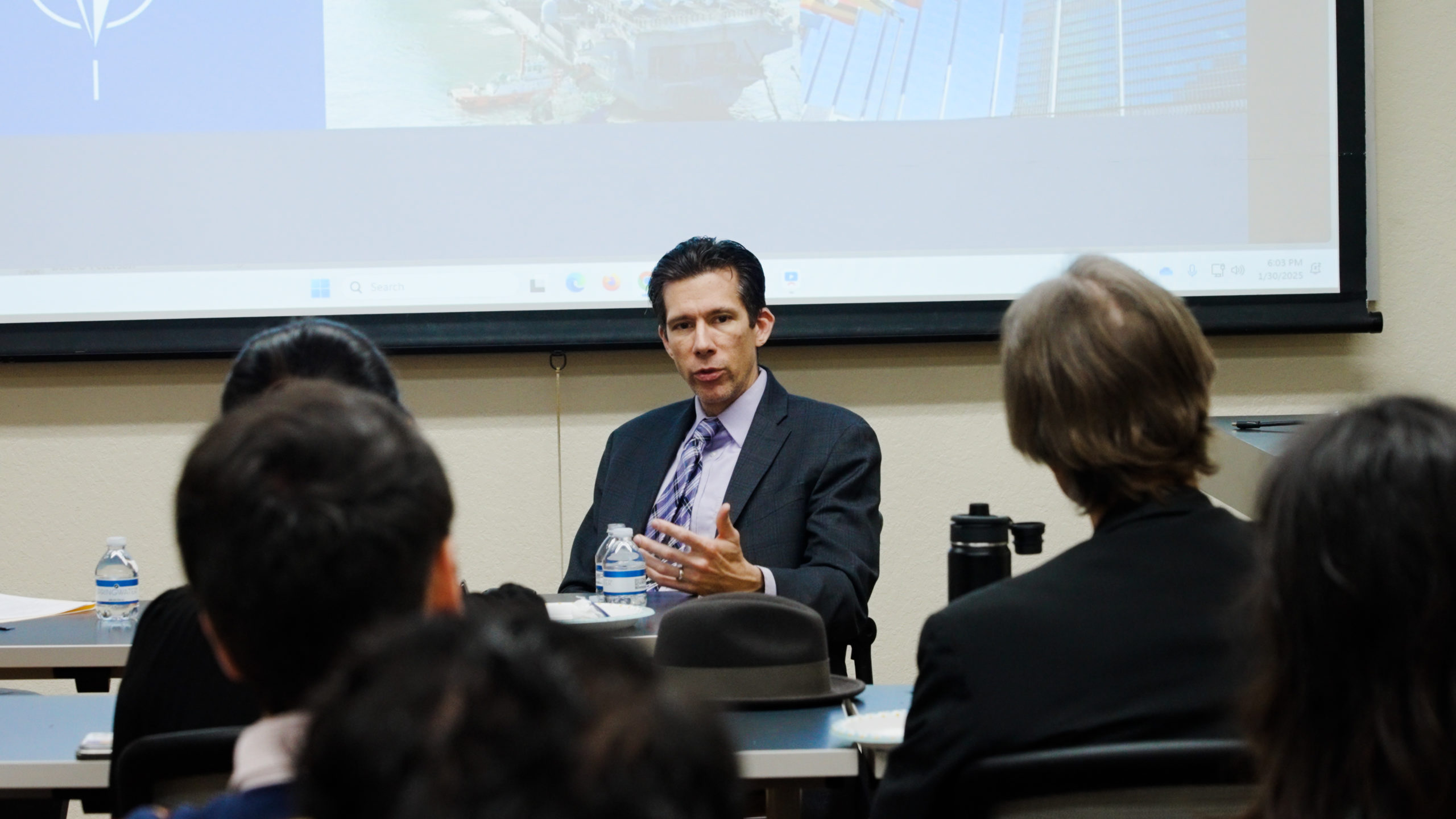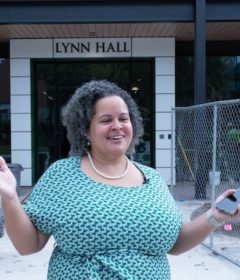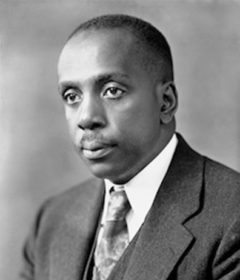Debating American Global Leadership


Why is America’s engagement and leadership are essential for global stability, security and the promotion of liberty?
This question was at the core of “Debating American Global Leadership,” held on Thursday, Jan. 30, as part of the Free Inquiry & Expression and the Future of Democracy series. Sponsored by the Alexander Hamilton Society, the event featured Paul D. Miller, PhD, a scholar and public servant with a focus on international affairs, political theory, and American foreign policy.
Miller is a professor of the Practice of International Affairs at Georgetown University, where he co-chairs the Global Politics and Security concentration in the Master of Science in Foreign Service program.
One of the central questions posed during the lively discussion among students, faculty, staff, and others focused on the current position of the United States from an international point of view — and where the United States should stand as a nation.
Miller spoke of freedom and equality as he addressed an audience that filled Elizabeth Hall 204.
“I’d say that for the last 130 years or so, we’ve tried to stand for freedom and equality at home and abroad, and bordered liberty at home and abroad,” Miller said at the podium. “I think it’s good for us to at least tell the story of liberty and equality as defining American identity in the world than to not tell a story at all.”
In addition, the discussion touched on topics such as current policies and strategies, the role of the United States within NATO, the importance of international relationships between the U.S. and countries like Japan, South Korea, Australia, New Zealand, the Philippines and Taiwan — with an emphasis placed on India and how a good relationship with India could potentially benefit the United States.
“So, I think South Asia is quite important, not as important as Europe and East Asia, but quite important,” Miller said. “America’s interest in this region, I think, should be first and foremost be friends with India. … There’s a long history here, but if we can essentially get India on our side, that will be a strategic advantage for us in the 21st century.”
The Free Inquiry & Expression and the Future of Democracy series continues with “A Panel on Institutional Neutrality” on Tuesday, Feb. 4, 7-8 p.m., in the Lynn Presentation Room at the Rinker Welcome Center.



